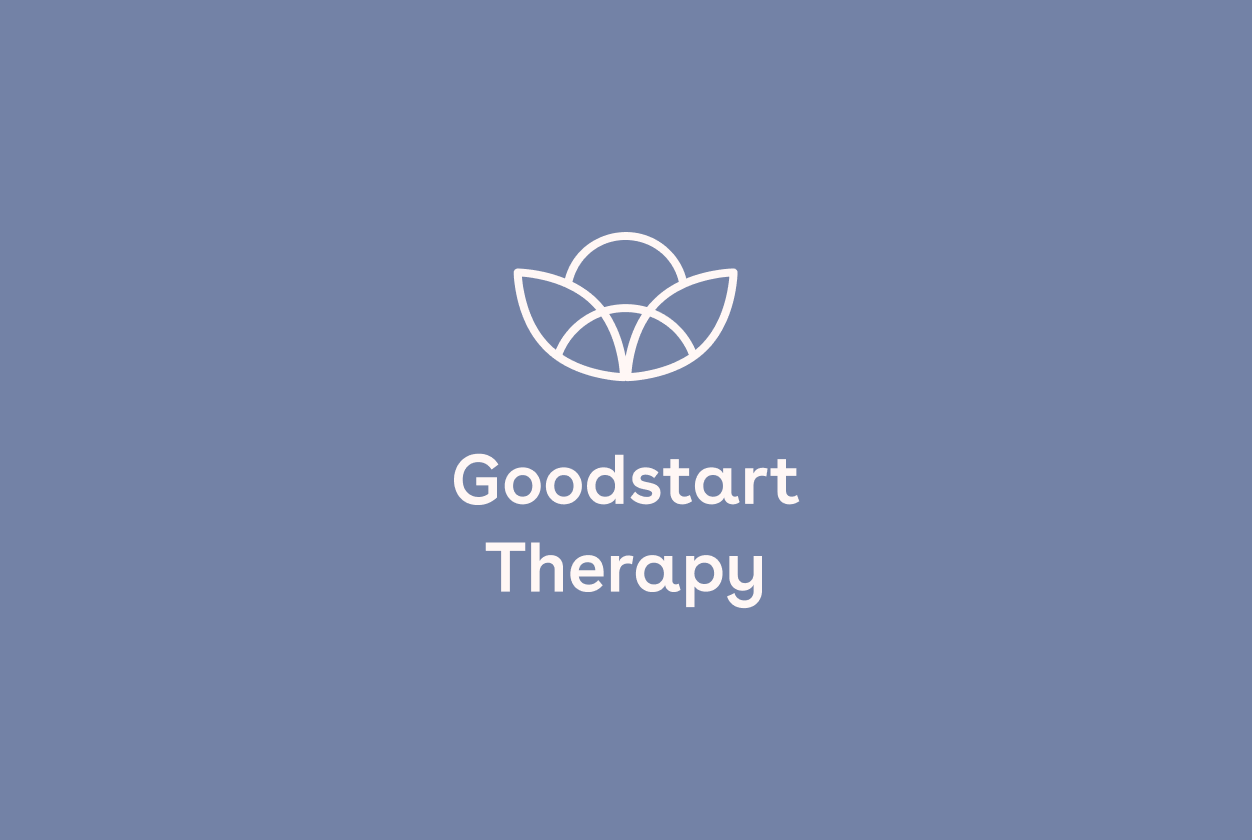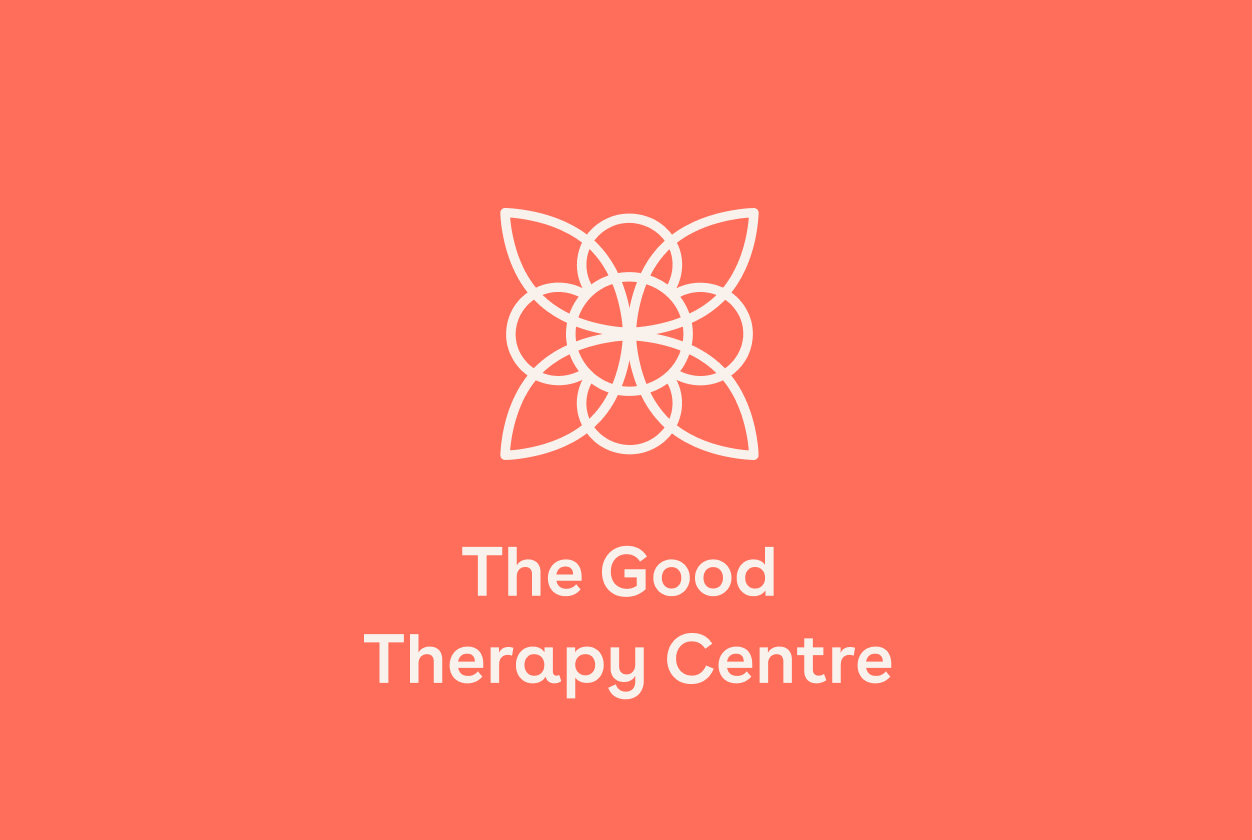Making therapy and training more accessible, inclusive and equitable
The Good Mental Health Company was created to make good mental health more accessible. Whether you're seeking therapy, building your practice, or deepening your learning, we’re here to put you on the right path.
Sarah Parry Founder & Clinical Director
An expert in community development and social entrepreneurship, Sarah has dedicated the past 25 years to advocating for people made vulnerable and disadvantaged by systems that have failed them.
Our services
-

Low-fee therapy
Goodstart Therapy is our affordable, high-quality counselling and psychotherapy service. Delivered by well experienced and supervised trainee therapists for £45 per session in Elephant and Castle, London, or online.
-

Specialised Therapy
The Good Therapy Centre offers psychotherapy and counselling from experienced, qualified psychotherapists and counsellors. This service is for those seeking therapy for more complex or specific challenges including eating disorders, addictions, depression and anxiety.
-

First-Aid for Mental Health Training
Ofqual Accredited courses for managers, wellbeing champions, or entire teams.
Available as in-person workshops or online webinars. -

CPD for Psychotherapists and Counsellors
COMING SOON
In-person and online experiential, practical, and informative training designed to inspire, support and develop you as a practitioner.
-

For Organisations
Affordable therapy packages, accredited mental health training, and custom workshops designed for forward-thinking businesses ready to invest in the mental health and wellbeing of their employees and colleagues.
-

Safeguarding Training
Designed for colleagues who work with children, young people, and vulnerable adults.
-

Children's Therapy
COMING AUTUMN 2026
Starting with Play Therapy: a specialised therapeutic intervention led by qualified and registered Play Therapists trained to address the emotional and psychological challenges children experience.
Who we are
Founded in 2019 as a training provider in first-aid for mental health, we’ve since expanded into offering therapy and CPD training. We’re committed to making therapy more accessible, inclusive and equitable. Our team brings together decades of clinical experience, a passion for social justice, and a belief in healing through human connection.
Learn more about us
Join the team
If you're a trainee, newly qualified, or experienced therapist, we offer opportunities to develop your practice and work within a supportive, values-led community.




